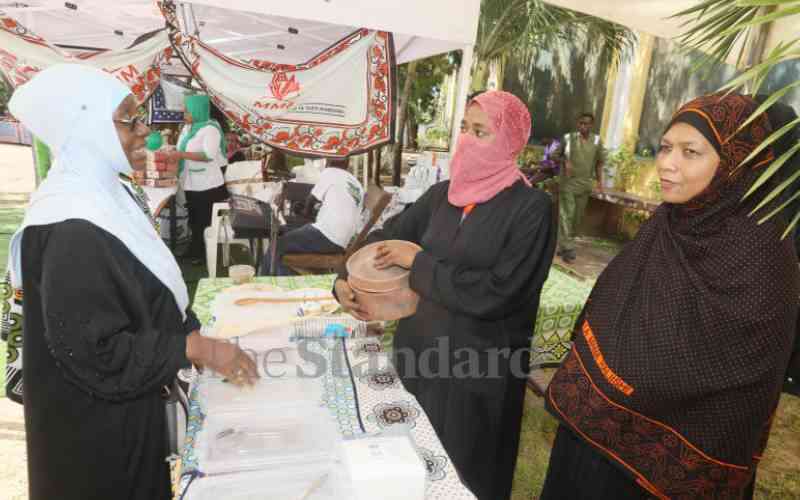×
The Standard e-Paper
Smart Minds Choose Us

Yesterday marked the first World Kiswahili Language Day, celebrated in several locations globally. This comes only two days after Uganda officially adopted Kiswahili as a national language.
The World Kiswahili Day, July 7, was designated by the United Nations Educational, Scientific and Cultural Organisation (Unesco) during its 41st Member States’ session held in Paris, France in November last year.